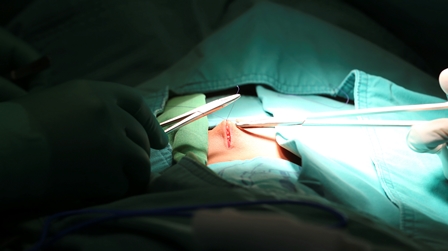About 20 per cent of patients who undergo emergency surgery experience delayed discharge from hospital compared with only three per cent of those having elective surgery, which significantly affects other patients’ access to acute care hospital beds and quality of care, according to research published in CMAJ (Canadian Medical Association Journal) .
Alternate level of care is a health care code applied to in-patients who occupy an acute care hospital bed but no longer need acute care services or resources. Most patients classified as alternate level of care are medically fit for discharge but remain in acute care hospital beds waiting for continuing community care services, such as home care or transfer to a skilled nursing facility, to be arranged.
“Delay of discharge after a patient is designated medically fit to leave hospital is a major problem for health care systems, affecting wait times and costs and leading to delivery of health care in unsafe locations (i.e., “hallway medicine”),” writes Dr. Angela Jerath, Sunnybrook Health Sciences Centre and the University of Toronto, with coauthors.
The study looked at data on more than 750,000 patients, including 595,782 who had elective surgery and 180,478 who had emergency surgery at 95 Ontario hospitals between 2006 and 2016. Delayed discharge accounted for 635,607 hospital days, of which 82 per cent were related to admissions for emergency surgery. The proportion of days attributed to delayed discharge out of the total hospital stay was greatest among patients with joint replacement, peripheral arterial disease, hip fixation and spine procedures for those having emergency surgery, and among patients with peripheral arterial disease, neurosurgery and spine procedures for those having elective surgery.
Factors associated with delayed discharge included larger hospitals and urban residence, older age, female sex and multiple illnesses.
Most patients in the study whose discharge was delayed needed home care or to be in an assisted living facility.
“Timely access to continuing care facilities is essential to reduce delayed discharge but is challenged by rising demand and longer wait lists for long-term care homes, as well as by the limited availability of home care,” write the authors.
They suggest optimizing discharge planning and improving local access to community care services are some solutions to helping address the issue.
“Delayed discharge after major surgical procedures in Ontario, Canada: a population‑based cohort study” was published November 16, 2020.




